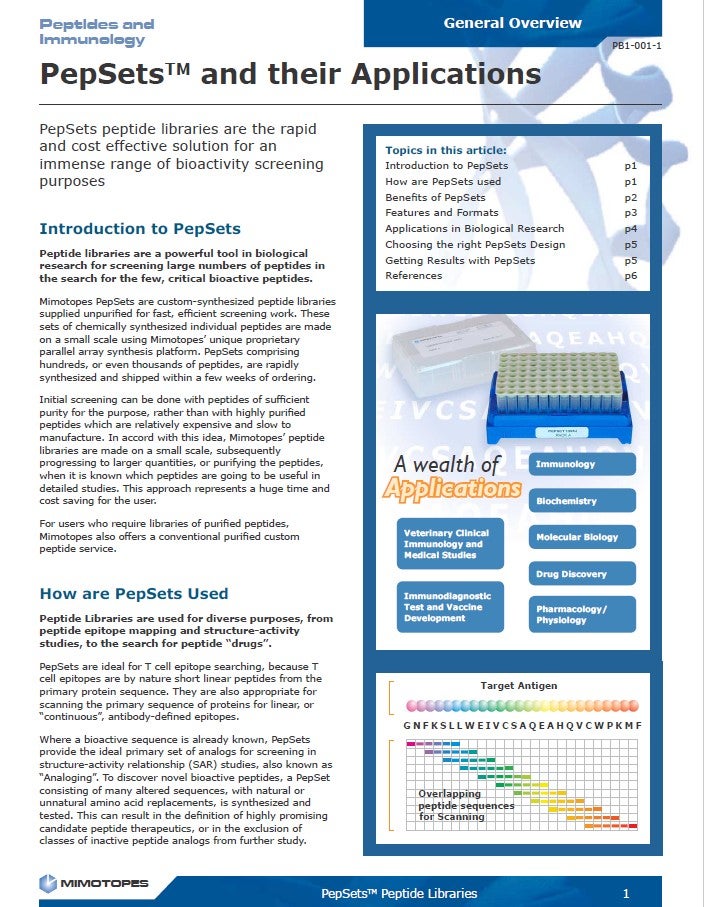
The University of Texas MD Anderson Cancer Center has announced a strategic collaboration with Federation Bio for the development of a new microbiome treatment for immunotherapy-resistant cancer patients.
The collaboration is aimed at designing and developing a complex, synthetic microbial consortium to expand the number of cancer patients who respond to immunotherapy.

US Tariffs are shifting - will you react or anticipate?
Don’t let policy changes catch you off guard. Stay proactive with real-time data and expert analysis.
By GlobalDataIt combines the expertise and capabilities of Platform for Innovative Microbiome and Translational Research (PRIME-TR) of MD Anderson with the ACT (anaerobic co-culture technology) platform of Federation Bio.
Under the agreement, both Federation Bio and MD Anderson will rationally design a complex bacteria consortium derived from a donor faecal sample, which showed the ability to improve immunotherapy responses in patients with cancer through FMT in a study.
Federation Bio will leverage its ACT platform for manufacturing the consortium from purified cell lines, creating a therapy that includes the complete metabolic complexity of the identified microbiome.
The platform enables highly controlled bacterial consortia production, which is designed for addressing a wide range of disorders and diseases.
Federation Bio CEO Emily Drabant Conley said: “We are proud to be collaborating with MD Anderson, an institution that is leading the charge globally to advance microbiome-based approaches that could dramatically improve outcomes for cancer patients.
“We’ve demonstrated that our ACT platform enables the manufacture of complex, rationally designed microbial consortia at scale through the manufacture of FB-001, and this collaboration enables us to explore its potential in oncology, where there is both a high unmet need and evidence supporting the critical role of the microbiome in driving therapeutic response.”
The company previously used the ACT platform for designing and manufacturing the investigational oral therapy, FB-001, which comprises 148 bacterial strains isolated from multiple healthy donors.






